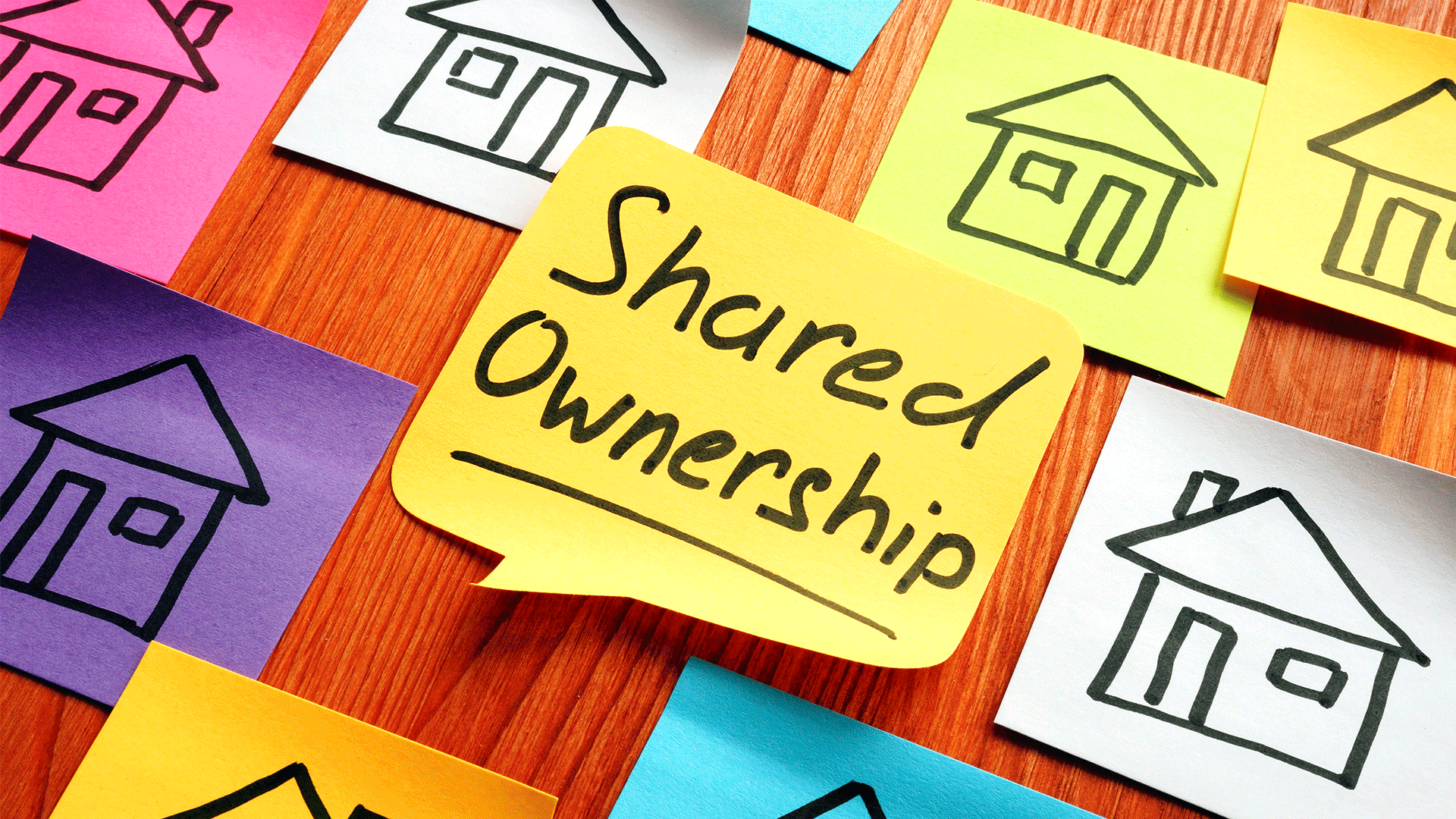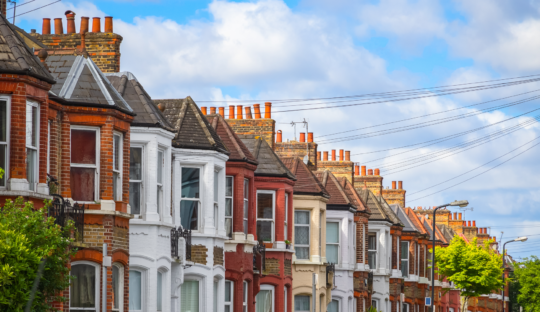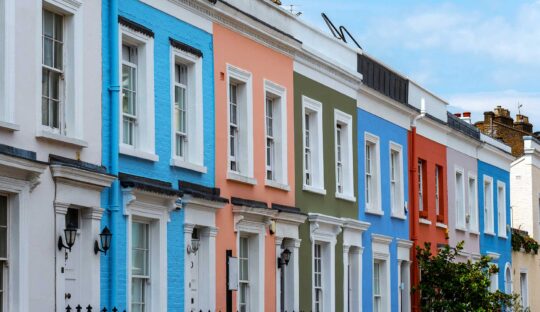In this article
Yes, you can. Shared Ownership mortgages are available through a range of lenders and are specifically designed to help people buy a share of a property when buying outright isn’t affordable.
You’ll need to meet standard lending criteria, and the mortgage will only cover the portion of the property you’re purchasing.
This guide explains who Shared Ownership is for, how the scheme works, what deposit you’ll need, and what to expect throughout the process.
Shared Ownership Mortgages
Explained in 5 mins 30 seconds
Find more videos like this on MoneymanTV
Who Is Eligible for Shared Ownership?
This scheme is aimed at people who would struggle to buy a home on the open market. It’s particularly popular with first time buyers, younger families, or individuals living in high-cost areas.
You may be eligible if:
- You’re a first time buyer
- You previously owned a home but can’t afford to buy again
- You’re currently renting from a housing association or council
- Your household income is within the set limits (currently up to £80,000 outside London or £90,000 in London)
In most cases, your eligibility will be assessed by both the housing provider and the mortgage lender.
They’ll look at your income, employment status, and general financial situation to make sure the scheme is a good fit.
You don’t usually need to be a key worker, and you don’t need to be on a housing list to apply.
How Does Shared Ownership Work?
Shared Ownership lets you buy a percentage of a property and pay rent on the remaining share.
The share you purchase is usually between 25% and 75%, depending on what you can afford. The rest is owned by a housing association, and your rent is paid directly to them.
For example, if you buy 50% of a £200,000 property, you’d get a mortgage for £100,000 and pay rent on the other £100,000. Over time, you may be able to buy additional shares. This is known as staircasing.
What Deposit Do I Need?
Because you’re only buying a share of the property, the deposit needed is usually much smaller than with a standard purchase.
Many Shared Ownership buyers put down 5% of the share they’re buying, not the full property value. So if you’re purchasing 50% of a £200,000 home, a 5% deposit would mean saving £5,000.
This lower barrier makes Shared Ownership particularly helpful for buyers who are struggling to save a larger deposit.
Can I Get a Shared Ownership Mortgage with Bad Credit?
It’s possible, but your options may be more limited. Lenders will look at your full credit profile, including any past issues and how recent they were.
They’ll also consider your current financial situation, income, and how affordable the mortgage and rent payments are.
A mortgage broker can help review your circumstances and check whether any lenders may be open to your application, based on their individual criteria.
Should I Speak to a Mortgage Advisor First?
Yes, this is usually the best place to start.
Before applying through a housing association or searching for properties, it helps to know how much you’re likely to be able to borrow and what your budget looks like, including both the mortgage and the rent.
A mortgage advisor can give you an early indication of what’s possible and help you explore which lenders offer Shared Ownership mortgages.
Speak to an Advisor – It’s Free!
Schedule a free callback from one of our experts today.
- All situations considered
- Transparent and honest mortgage advice
- We search 1000s of purchase and remortgage deals
Our customers rate us 4.9/5
Where Can I Find Shared Ownership Properties?
Most Shared Ownership properties are managed by housing associations, but you’ll also find them listed on popular property sites such as Rightmove and Zoopla.
Listings will usually state clearly that the property is offered under the Shared Ownership scheme and show the share available for purchase.
Can I Buy the Whole Property Eventually?
In many cases, yes. This process is known as staircasing, where you increase your ownership share over time.
Each time you do this, your property is valued at the current market rate, and you’ll take out a new mortgage to cover the extra share.
Every time you staircase, there may be additional costs to consider. These can include valuation fees, legal fees, and mortgage arrangement costs.
As your ownership increases, the rent you pay on the remaining share usually decreases, although it won’t disappear completely until you own the full 100%.
Not all Shared Ownership properties allow full ownership, so it’s important to check the terms with the housing association before you buy.
Some agreements may cap ownership at a certain level or place restrictions based on the property’s location or funding.







